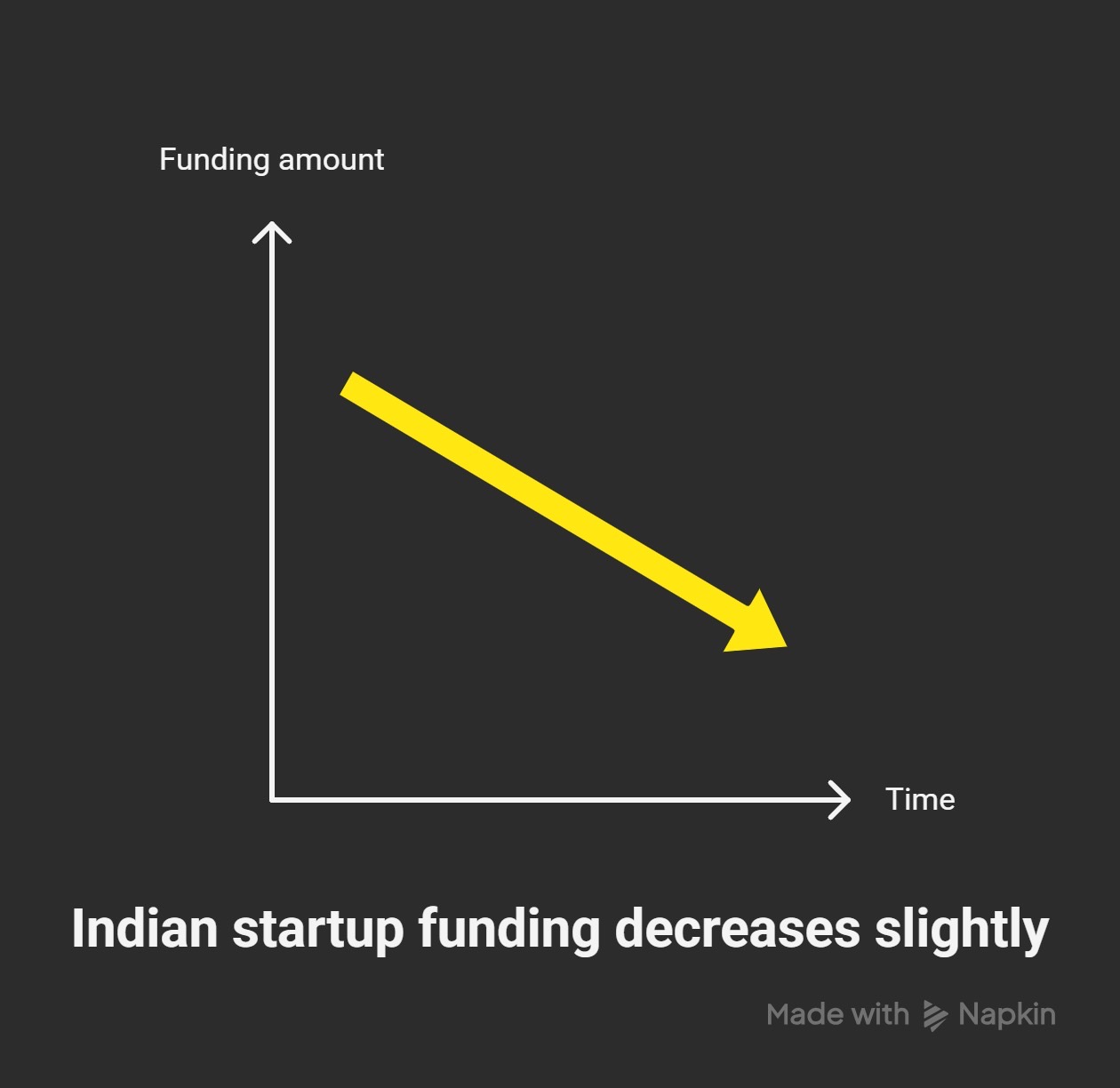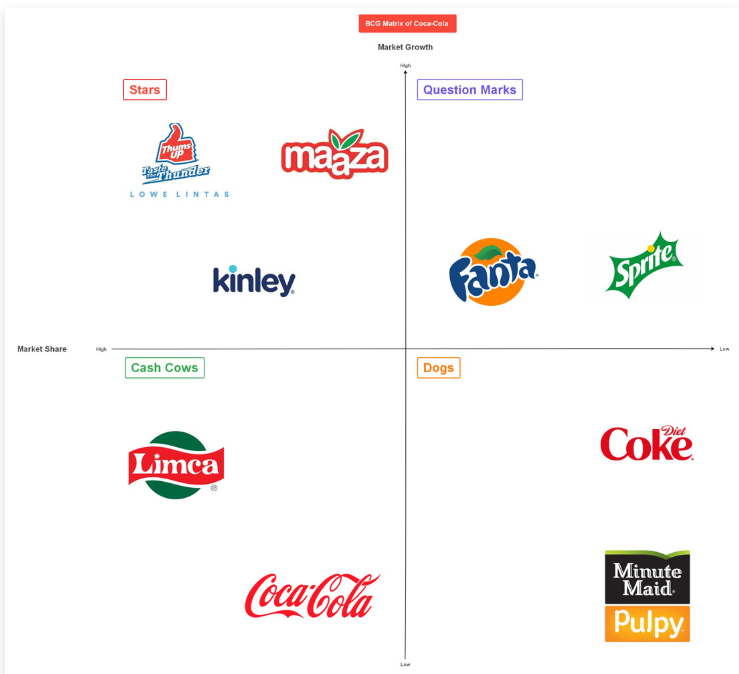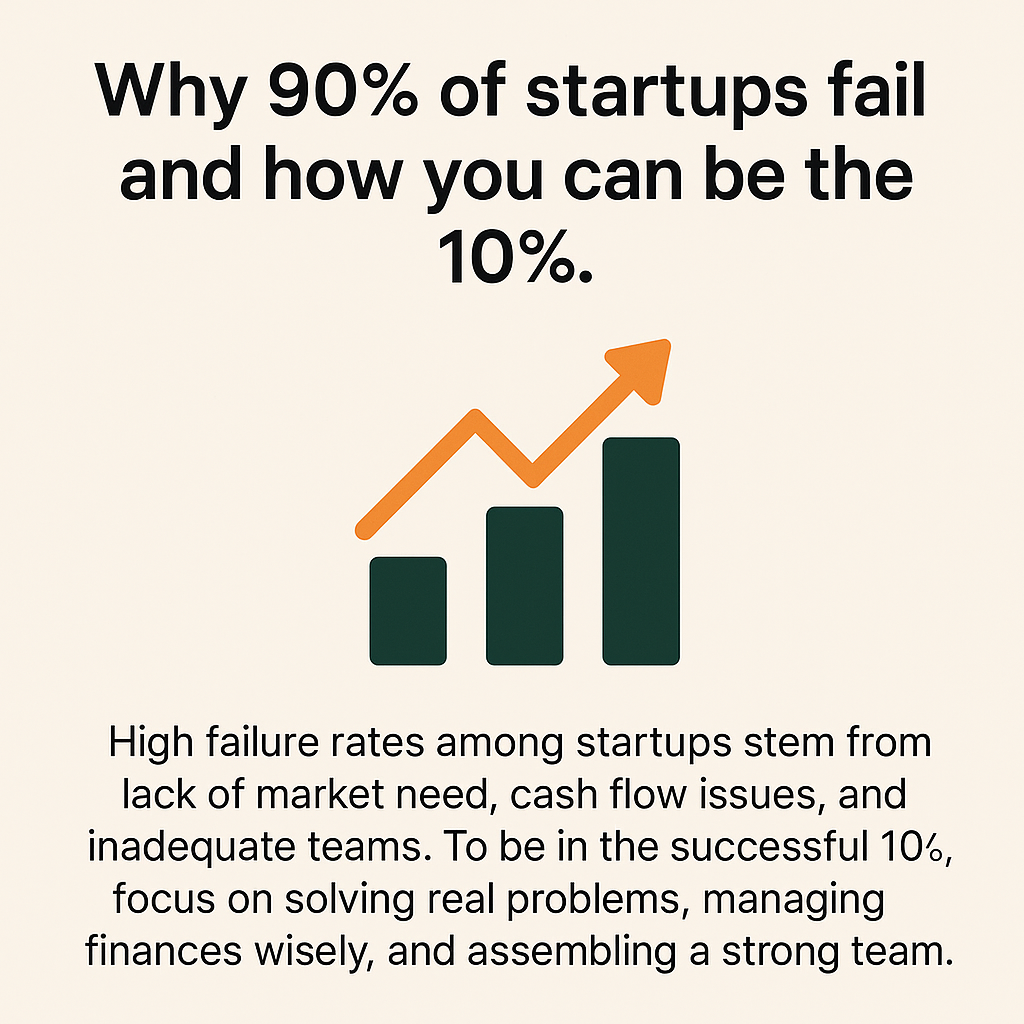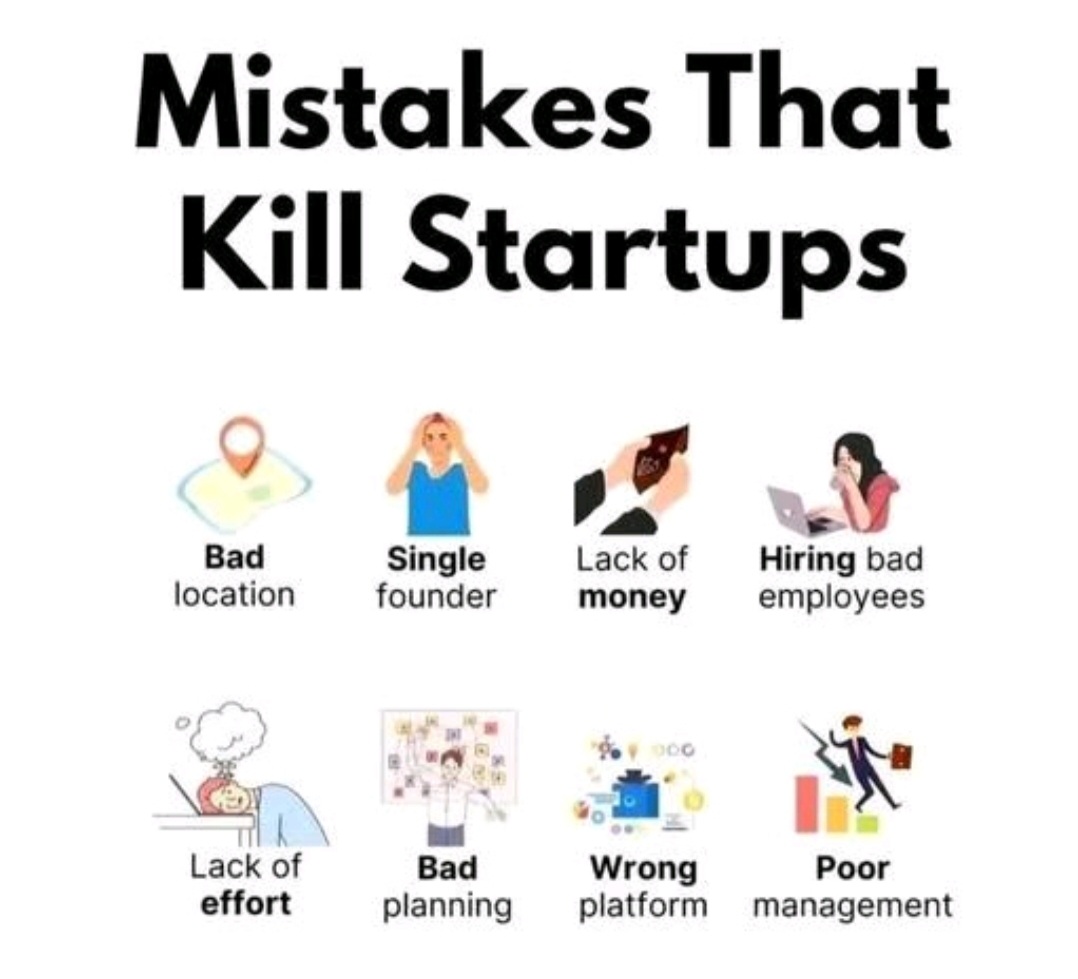Back
Vikas Acharya
•
Medial • 5m
Day 1: Startup Basics - What is a Startup? Let's begin with understanding the very foundation of entrepreneurship WHAT IS A STARTUP? A startup is a newly founded company that is in the early stages of its operations. Unlike traditional businesses, startups typically aim for Rapid growth innovation, and the potential for Scalability. They are designed to solve a specific problem or meet an unmet need in the market using unique ideas, technologies, or approaches. Key Characteristics of a Startup: 1.INNOVATION Startups are built around "innovative ideas" whether it’s creating something entirely new or offering a unique take on existing products or services. 2. GROWTH POTENTIAL One of the key goals of a startup is rapid growth. This often means reaching a broad audience and scaling quickly—something that’s not typically seen in more traditional businesses. 3. RISK & UNCERTAINTY Startups operate in an environment of high uncertainty and risk. They don’t have a guaranteed path to success, but they often thrive through testing ideas, failing fast, and iterating. 4. LEAN & AGILE OPERATIONS Due to limited resources in the early stages, startups tend to operate in a lean manner. Flexibility and adaptability are crucial for survival and growth. WHY START A STARTUP? -Solve Real Problems: Startups provide solutions to pressing problems, whether personal, societal, or business-related. - Be Your Own Boss: They offer the opportunity to be in control of your own business and decisions. - Make an Impact: With innovation, startups have the potential to change industries and improve lives. THE STARTUP LIFECYCLE: 1. Ideation The birth of a new idea or concept, usually inspired by a problem or market gap. 2. Validation Testing whether your idea can actually solve the problem. This is where market research and customer feedback become critical. 3. MVP (Minimum Viable Product) Creating a simple version of your product with just enough features to satisfy early adopters and gather feedback. 4. Market Fit: Achieving product-market fit means your product resonates with your target audience and they are willing to pay for it. 5. Scaling: Expanding your operations, team, and market reach to grow beyond early adopters and gain broader customer adoption. 6. Exit or Maturity: The final stage where the startup either exits through acquisition, IPO, or matures into a successful, stable business. In tomorrow’s post, we’ll dive into how to generate startup ideas and validate them. Stay tuned! follow Vikas Acharya for not to miss valuable content!
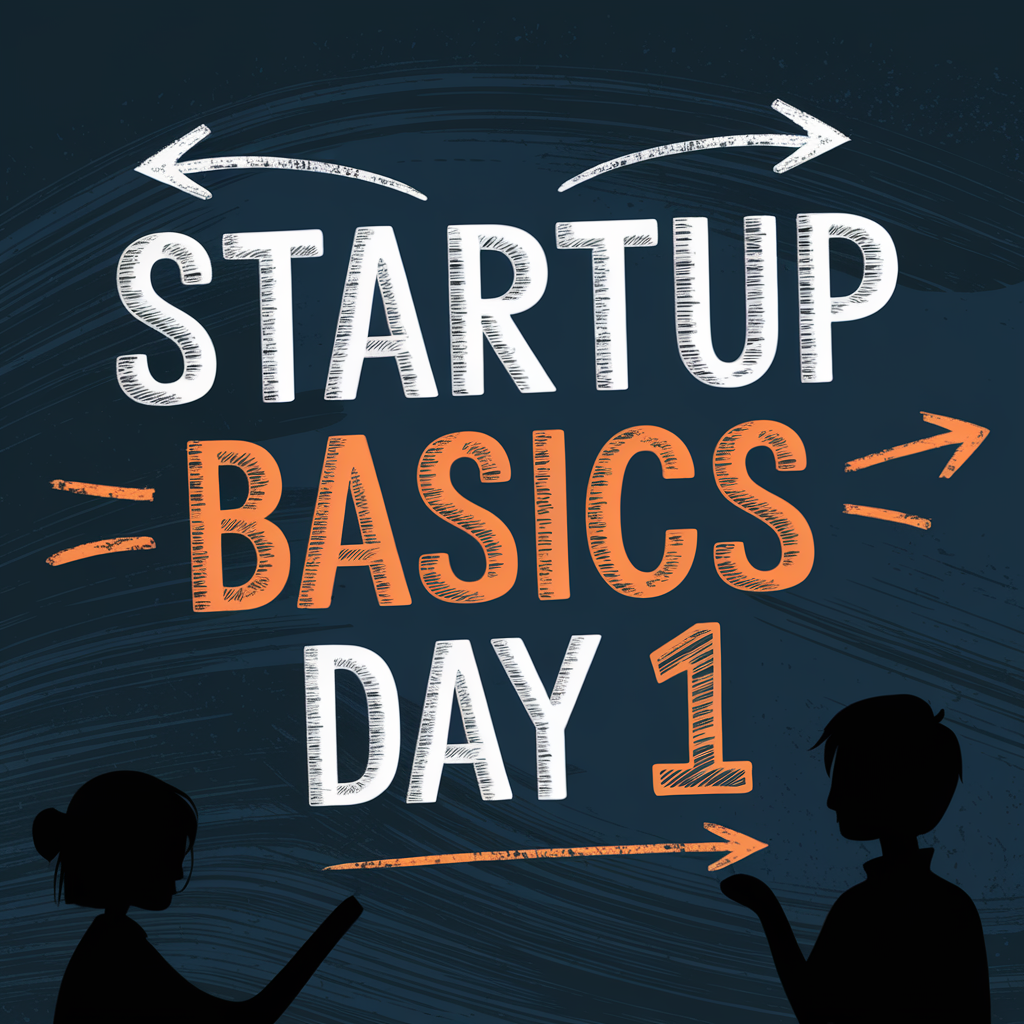
Replies (3)
More like this
Recommendations from Medial
Download the medial app to read full posts, comements and news.











